The two neighboring island nations of New Zealand and Australia have some new policy updates towards incentives and priorities for international students in the coming time.
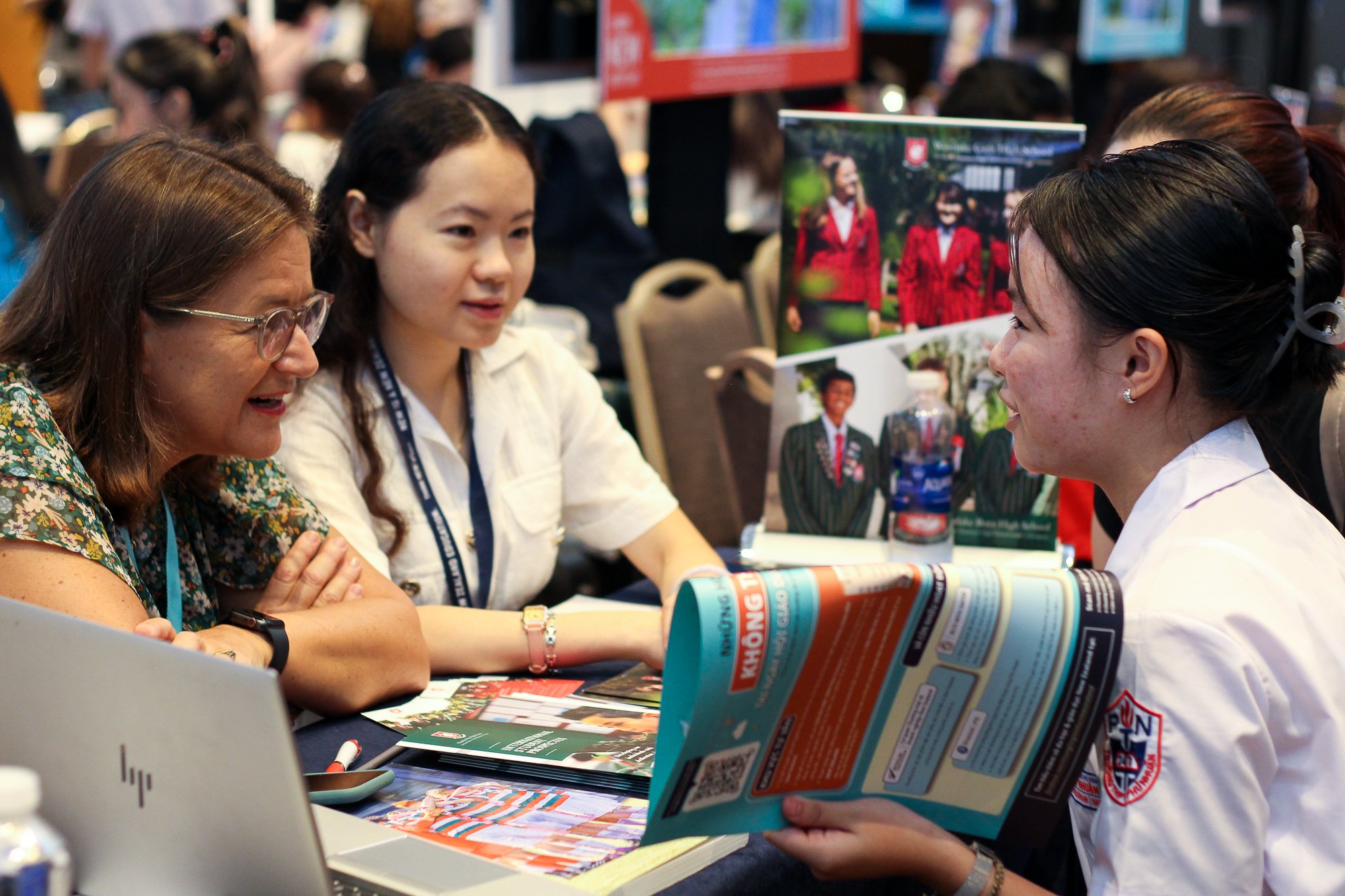
Students listen to advice from high school representatives in New Zealand at an event hosted by the government in October.
New Zealand adds incentives for international students
Immigration New Zealand (INZ) announced on November 19 that it has updated its visa policy for international students graduating with a master's degree. Specifically, to apply for a post-study work visa (PSW), international students with a postgraduate diploma (PGDip) must have previously enrolled in a master's program of 30 weeks or more. However, this limit has just been removed, and international students in this category are allowed to apply for a PSW regardless of the duration of the master's course.
This means that international students can now study a shorter master's degree without worrying about losing the opportunity to work in New Zealand. "This gives international students the freedom to choose their course and the peace of mind that they will still be eligible to work after graduation," INZ said in an official statement.
However, this provision only applies to those who continue to study for a master's degree immediately after obtaining a PGDip. INZ also notes that the duration of an applicant's PSW will depend on the length of the master's course and those who wish to stay in New Zealand to work for 3 years must study a full-time master's program for at least 30 weeks.
In addition, in the announcement, the New Zealand government also updated the list of eligible fields of study for PSW. Accordingly, secondary school teachers now do not need to have a bachelor's degree in science, mathematics, technology or Pacific languages to apply for PSW. If teaching primary or secondary school, candidates now only need to submit a master's degree in education and meet the requirements of the New Zealand Teaching Council to apply for PSW.
The list also adds a new mechanical technician job, which is open to candidates with a New Zealand engineering level 6 qualification majoring in mechanical engineering.
Previously, in June, the New Zealand government expanded the conditions for granting work visas to the spouses of some international students. Specifically, the spouses of students studying level 7 (bachelor's) and level 8 (postgraduate, pre-master's) programs in industries on the labor shortage list can apply for a work visa with open conditions (partner of a student work visa).
In addition, children of high school age (if any) can apply for a dependent child student visa to enjoy the same benefits as local students, meaning they do not have to pay tuition fees.
Australia's enrolment cap bill faces opposition
Another move that has received attention from the international education sector is that the bill to cap foreign student enrolment proposed by the Australian government is likely to be scrapped, instead of being expected to be applied from the beginning of 2025. That is because the coalition of the Liberal and National parties (the Coalition) and the Greens in Australia on November 18 spoke out against the bill proposed by the Labor government, citing concerns about the economic and social impacts it could cause.

Australian university representatives advise students at an event hosted by the New South Wales state government in September.
With opposition from the Coalition, the Greens and independent MPs, the bill's chances of passing the Senate have been significantly reduced, The PIE News commented. However, Australian Education Minister Jason Clare made it clear that if the bill is not passed, Directive 107 will continue to be maintained. This is a regulation that prioritizes the processing of student visa applications based on the reputation of the educational institution where the international student is enrolled.
This has immediately raised concerns, as the directive has left universities “heavily” impacted by slower student visa processing and increased student visa refusals. Mr. Luke Sheehy, CEO of Universities Australia, stressed that an estimated $4 billion has been “drained” from the economy and thousands of university jobs are at risk due to Directive 107.
Another notable move is that before the future of the bill to cap admissions was decided, many universities had already proposed response measures, especially for schools whose enrollment quotas had been reduced by the Australian government compared to the previous year, such as the University of New South Wales and its member school UNSW College, which recently announced that they would temporarily stop accepting applications from international students, or the Australian Catholic University, which in September stopped enrolling international students for 2025.
Previously, in an exchange with Thanh Nien , many universities such as Macquarie, Australian National University, and New South Wales said that despite having to deal with the ceiling regulations, the schools still maintain their admission policies for Vietnamese people to ensure diversity of nationality, which is based on academic records and English proficiency. However, representatives of the schools also advise candidates to accept admission as soon as they receive an invitation to avoid risks.
According to the Australian Department of Education, as of August, there were 803,639 international students studying in Australia. Of these, 36,490 were Vietnamese, ranking 5th in the number of international students. In New Zealand, the number of Vietnamese international students coming to this country in 2023 was 1,736, an increase of 10% compared to the previous year and most concentrated in universities (1,120) and high schools (308). However, this number is only a minority compared to the total of 69,135 international students from other countries enrolling in 2023.
Source: https://thanhnien.vn/new-zealand-tiep-tuc-noi-quyen-lam-viec-uc-co-the-huy-ap-tran-tuyen-sinh-185241122113247649.htm


![[Photo] Panorama of the cable-stayed bridge, the final bottleneck of the Ben Luc-Long Thanh expressway](https://vphoto.vietnam.vn/thumb/1200x675/vietnam/resource/IMAGE/2025/9/30/391fdf21025541d6b2f092e49a17243f)

![[Photo] General Secretary To Lam, Secretary of the Central Military Commission attends the 12th Party Congress of the Army](https://vphoto.vietnam.vn/thumb/1200x675/vietnam/resource/IMAGE/2025/9/30/9b63aaa37ddb472ead84e3870a8ae825)
![[Photo] Solemn opening of the 12th Military Party Congress for the 2025-2030 term](https://vphoto.vietnam.vn/thumb/1200x675/vietnam/resource/IMAGE/2025/9/30/2cd383b3130d41a1a4b5ace0d5eb989d)
![[Photo] The 1st Congress of Phu Tho Provincial Party Committee, term 2025-2030](https://vphoto.vietnam.vn/thumb/1200x675/vietnam/resource/IMAGE/2025/9/30/1507da06216649bba8a1ce6251816820)
![[Photo] President Luong Cuong receives President of the Cuban National Assembly Esteban Lazo Hernandez](https://vphoto.vietnam.vn/thumb/1200x675/vietnam/resource/IMAGE/2025/9/30/4d38932911c24f6ea1936252bd5427fa)























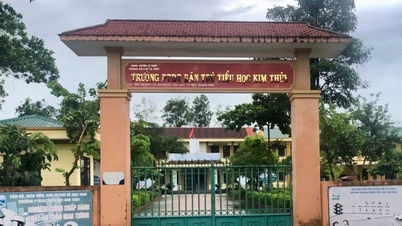
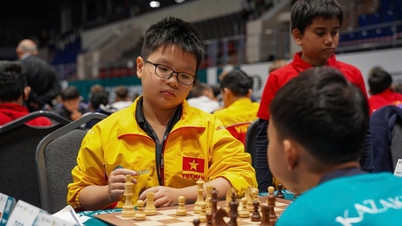
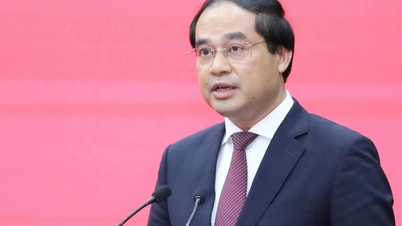














































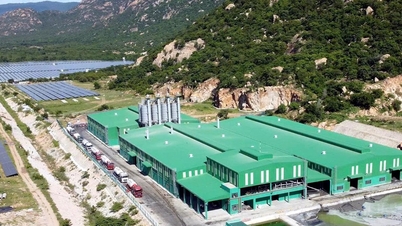



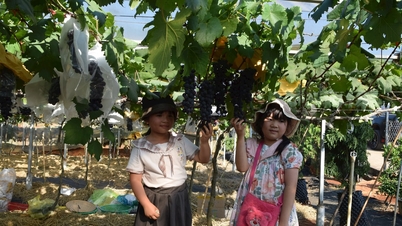
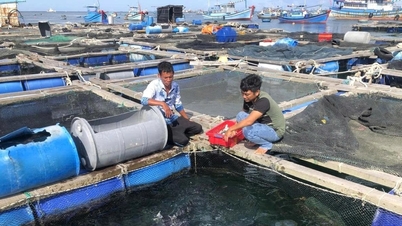


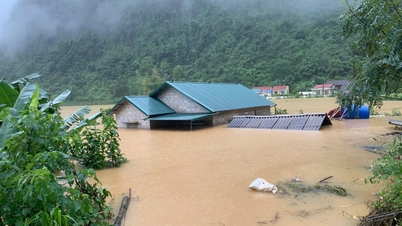













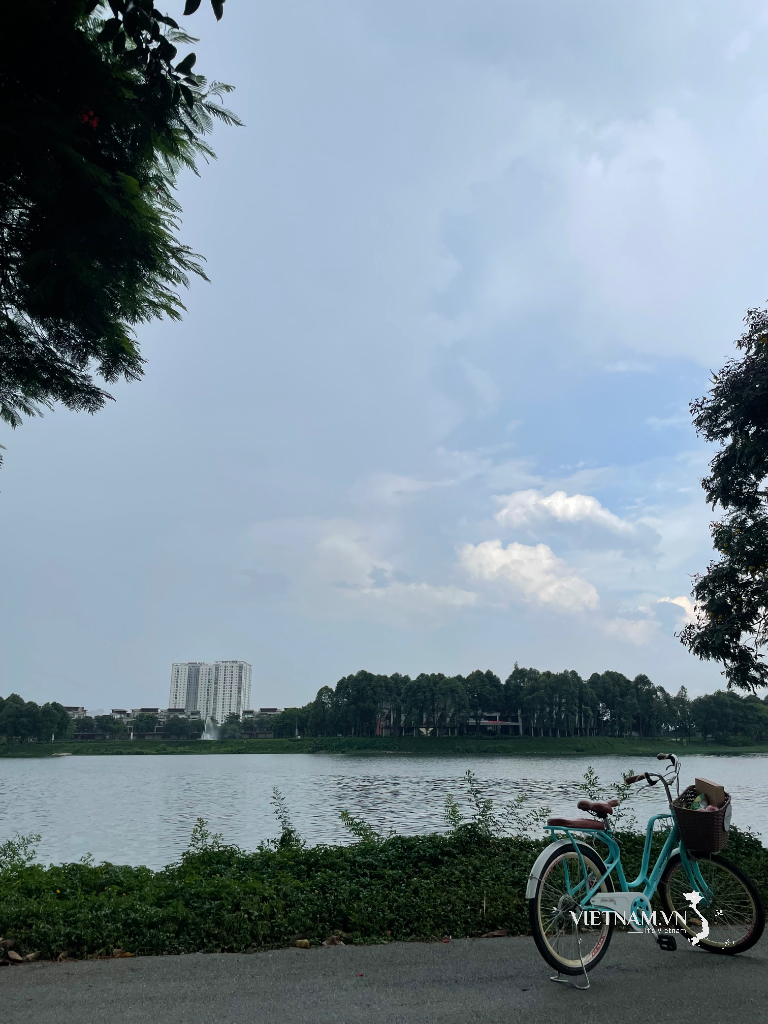
Comment (0)